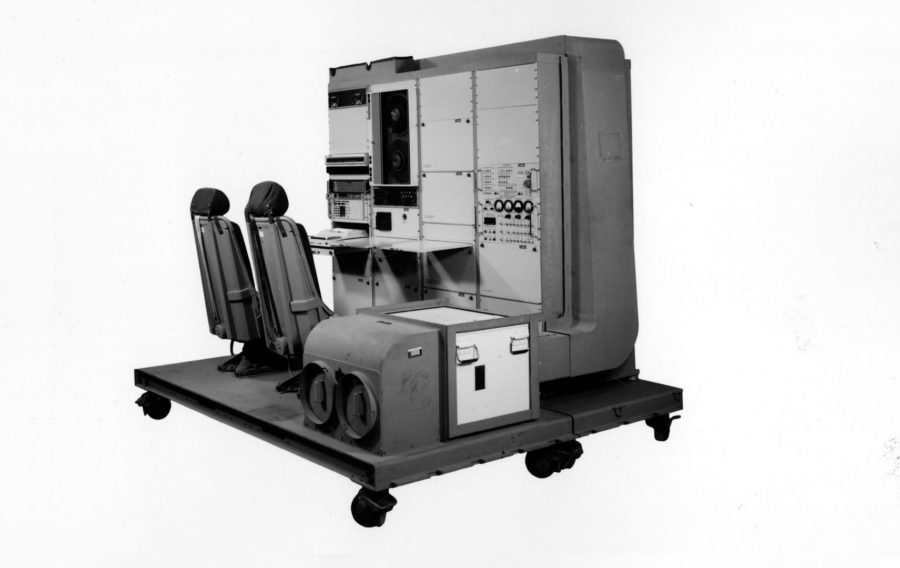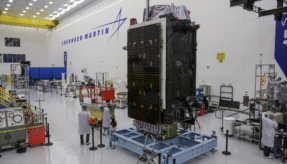
Global technology business Rockwell Collins is celebrating 40 years since the business received the world’s first Global Positioning System (GPS) satellite signal.
Rockwell Collins engineer David Van Dusseldorp received a signal from the world’s first GPS satellite known as NTS-2 in 1977.
GPS has gone on to be the standard of navigation around the world. To commemorate the 40-year anniversary, Rockwell Collins invited retirees involved in the project to share their stories at an event held in Cedar Rapids.
Not long after receiving the signal, the US Air Force awarded Rockwell Collins the Navstar GPS user equipment contract. This was the first of many wins that would place the company as a market leader in GPS products for aerospace and defence.
Since then, Rockwell Collins has continued to pioneer advancements in GPS such as being the first to complete a transatlantic flight using GPS navigation in 1983.
In 1994, a secure, military-grade Precision Lightweight GPS Receiver (PLGR) was first fielded, providing warfighters with a tactical navigational advantage on the battlefield.
In 2014, Rockwell Collins achieved another milestone in navigation technology by successfully developing a prototype to track a satellite in the Galileo Global Navigation Satellite System (GNSS) being created by the European Union to provide global coverage for its nations.
Rockwell Collins has now introduced more than 50 GPS products including GPS anti-jam and precision landing systems, and has delivered more than one million GPS receivers for commercial avionics and government applications, helping shape how the world navigates both on the ground and in the air.
“We had leaders and team members working together and I knew we could meet the challenge put before us,” said David Van Dusseldorp. “The future of GPS was uncertain at the time, but I really felt like we had just accomplished something important.”
If you would like to join our community and read more articles like this then please click here
Global Positioning System GPS Precision Lightweight GPS Receiver Rockwell Collins







